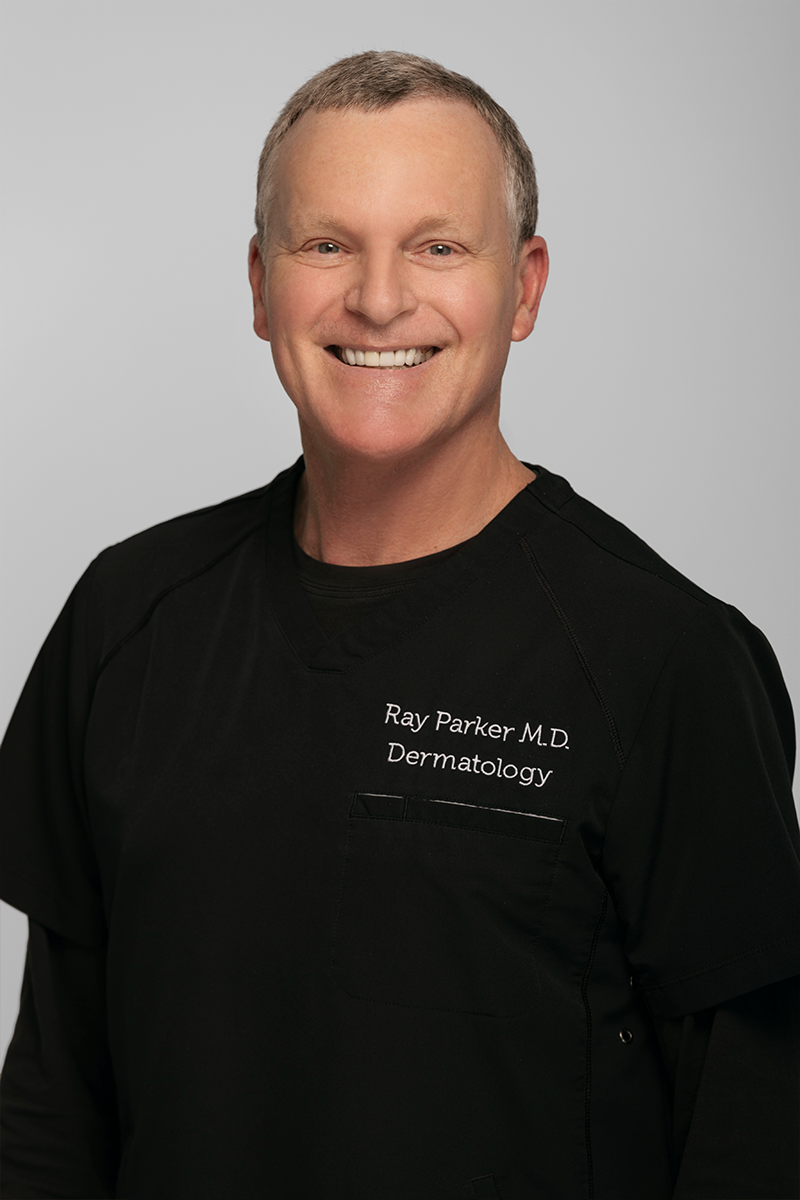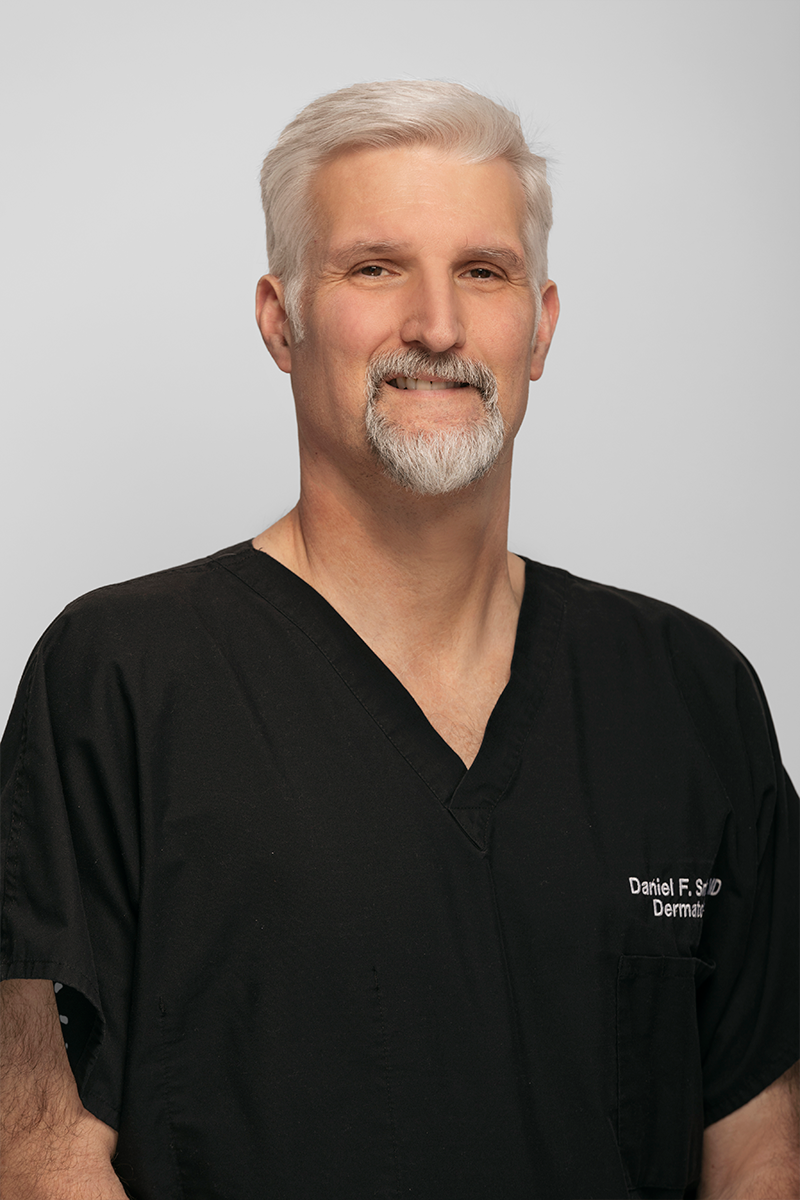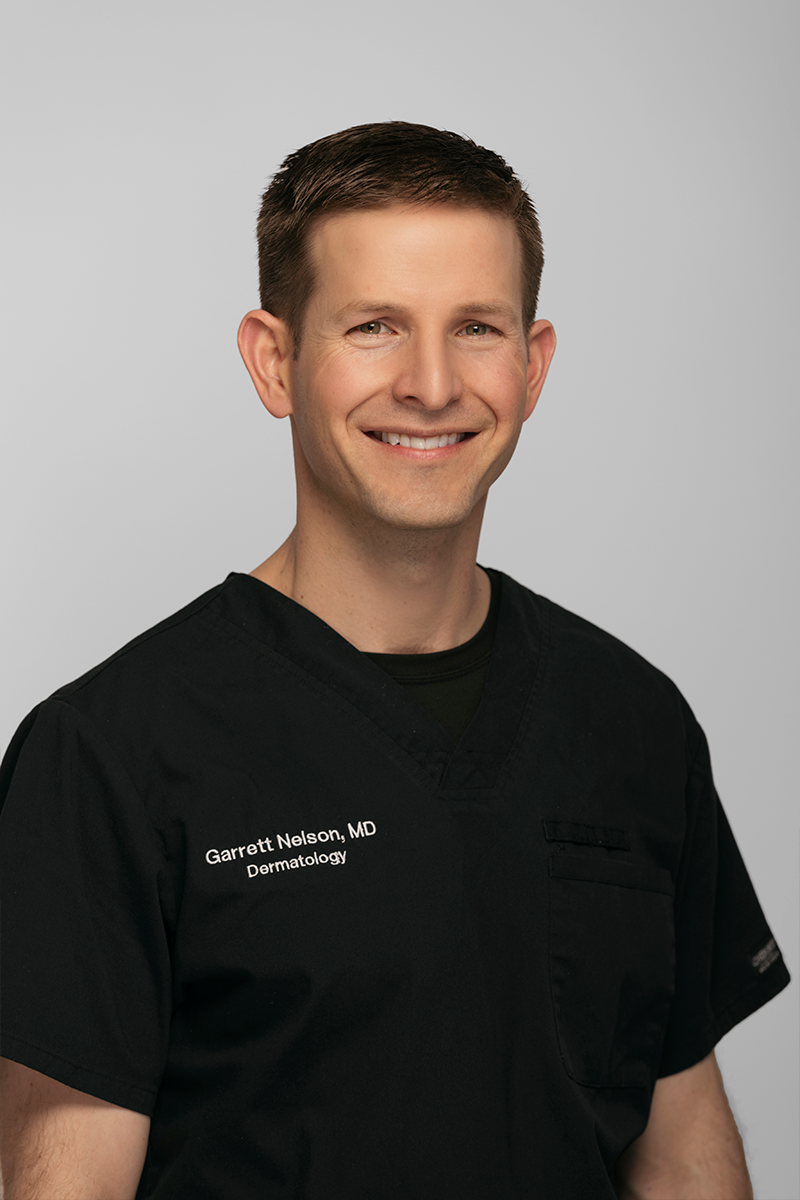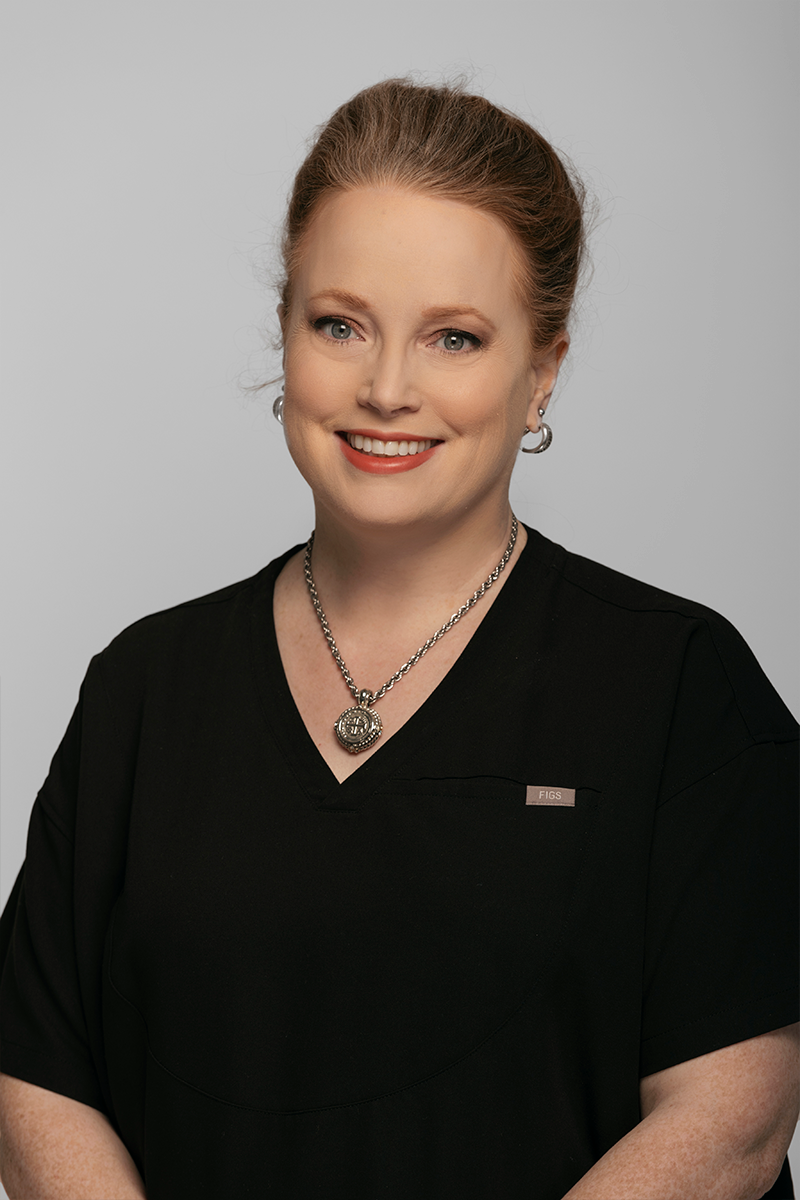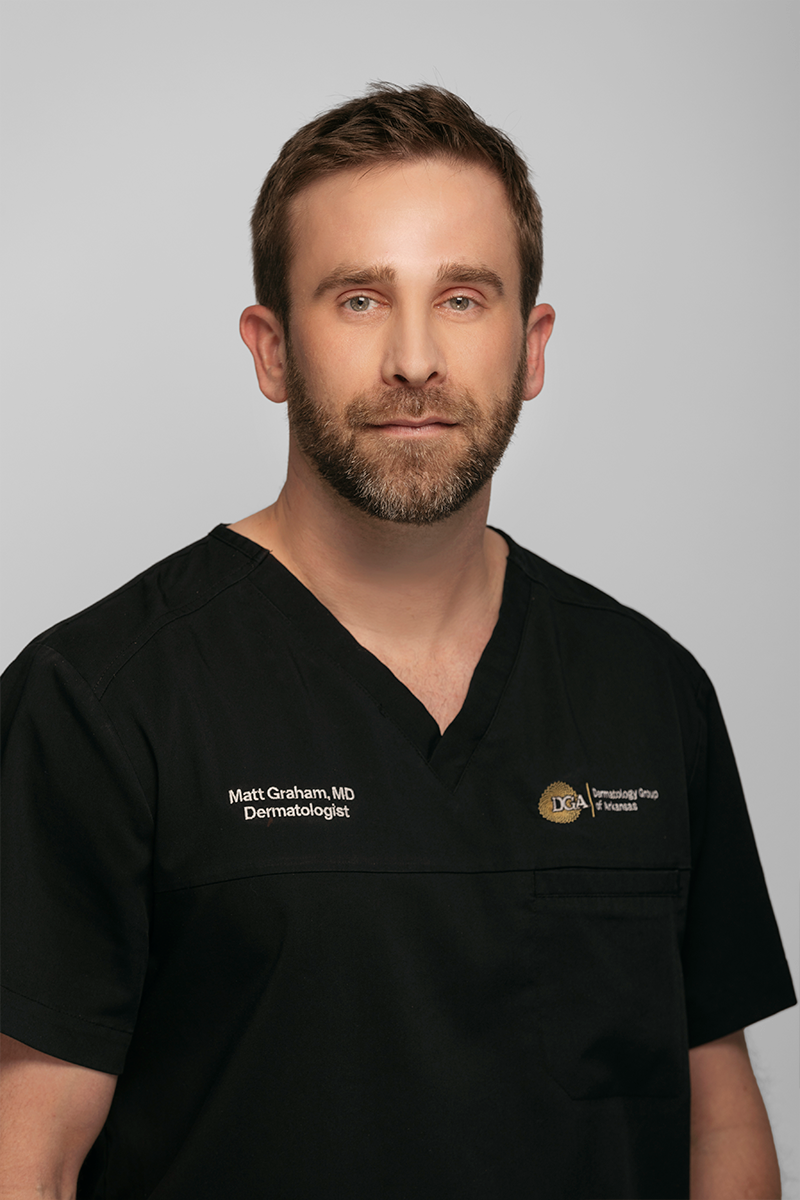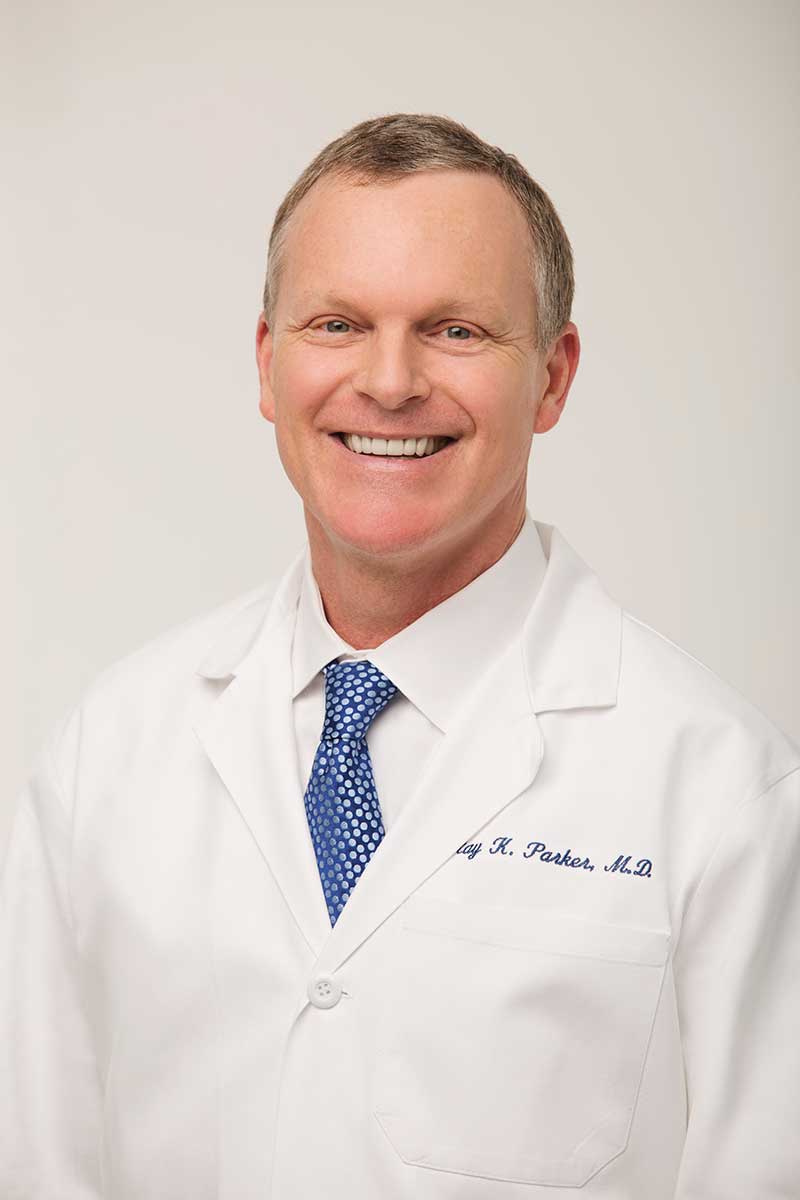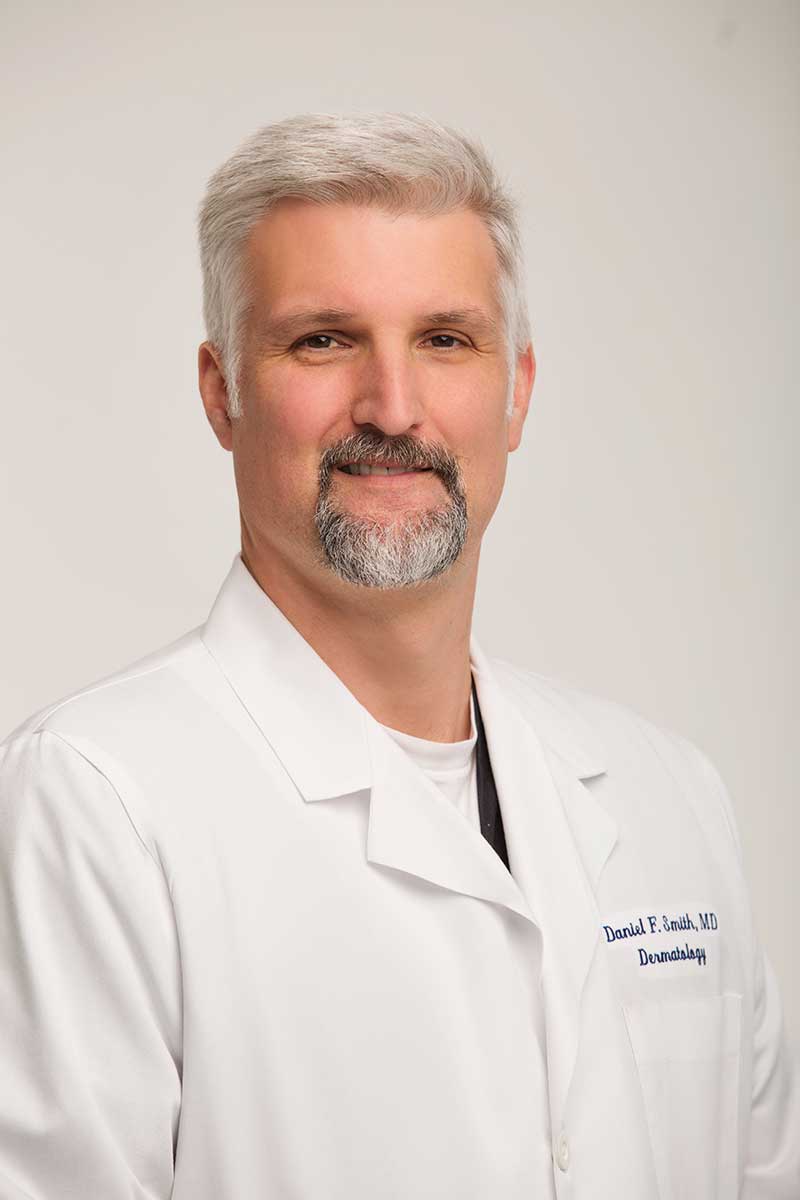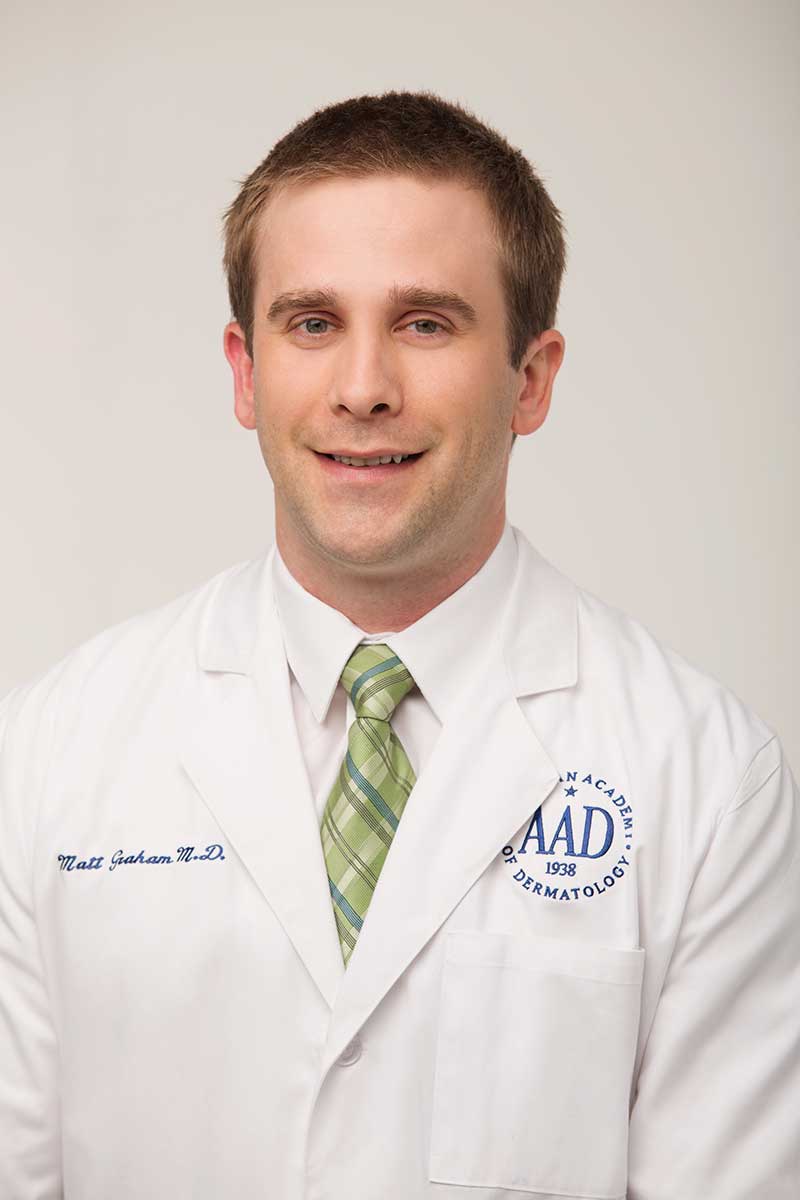Skin Cancer Treatments
Tackle a Serious Condition as Soon as Possible in the Little Rock Area, Central Arkansas, and Beyond
If biopsy results of a suspicious lesion indicate malignant cells—in other words, the presence of skin cancer—treatment at Dermatology Group of Arkansas is the next step. After receiving an accurate diagnosis, it is critically important to get the proper treatment started as soon as possible in order to prevent the cancer from spreading farther and becoming a bigger problem that impacts more systems and parts of the body.
Our experienced dermatologists excel at working closely with patients to develop a plan that includes skin cancer treatments chosen specifically to give them the best results possible. While long-term health is always top priority, we also strive to keep a treatment’s cosmetic impact to a minimum—especially on highly visible areas, such as the face.
Contact Us Today
Schedule your consultation for skin cancer treatment for Little Rock, all of Central Arkansas, and beyond today. Call us at the Dermatology Group of Arkansas at 501-227-8422.

What Skin Cancer Treatments Are Available?
The right skin cancer treatment for you will depend on the type of cancer you have, how far it has progressed, the lesion’s size, its location on the body, and more.
Surgical Removal
Basal cell and squamous cell carcinomas, which together make up about 95 percent of all skin cancers, can be targeted with surgical removal. Surgery may be traditional excision or an advanced technique known as Mohs surgery, which involves meticulous removal of layers that are then scrutinized under a microscope for signs of cancer. The removal and examination process continues anywhere cancer cells are spotted, until all edges of a lesion are clear.
This surgical method, which has a cure rate of 95 to 99 percent for cancers with no prior treatment, requires specific training. Two dermatologists on the Dermatology Group of Arkansas team—Dr. Garrett Nelson and Dr. Matt Graham—have undergone this intense training and benefit from extensive experience. The practice also features a surgical staff with extensive training, histotechnicians responsible for preparing and studying tissue samples, and an on-site laboratory.
Melanoma, a rare and deadlier form of cancer, is almost always treated with surgical excision. Surgery details depend on the thickness of the lesion. Melanomas confined to the epidermis—which is the uppermost layer—are considered “in situ” and can be more effectively removed in their entirety. This approach has a near-100-percent long-term survival rate.
Deeper melanomas require more involved surgical excision, which may also include removal of lymph nodes for examination to determine whether the cancer is spreading throughout the body. For patients whose cancer is not limited to the skin, chemotherapy may also be recommended.
For almost all skin cancer treatment surgeries, our dermatologists handle the procedure in the office using local anesthesia. Some patients, such as those requiring lymph node removal, may be referred to a hospital, but our team is thoroughly experienced in handling the majority of treatments.
Destruction
Destruction is a simple and effective treatment for small and superficial cancers, with a great cure rate when applied to well-selected cancers. This approach involves numbing the treatment area, then scraping the lesion with a tool called a curette until all of the cancer is removed. Bleeding is controlled with a chemical solution or electrocautery, followed by a bandage.
This skin cancer treatment takes about five to 10 minutes to complete, leaving a scrapelike wound that heals in about 6 to 12 weeks and leaves a scar that is usually a flat, round, white spot.
Creams
Cancer can occasionally be treated with topical chemotherapy creams, including Imiquimod and 5-Fluorouracil. These are used in very select cases under the discretion of the dermatologist. They generally cause local irritation and inflammation and require weeks to months of treatment.
Radiation
Superficial radiation therapy is used only for select patients—generally those who can’t tolerate surgery.
Meet Your Doctors
Meet Your Doctors
Meet Your Doctors
Prevention is Best
While many skin cancer treatments are highly effective, the most important strategy in battling the disease is keeping your risk of developing it in the first place to a minimum. That is why we recommend avoiding natural and artificial sunlight as much as possible, taking particular care to stay out of the sun during peak hours when the sun is most directly overhead, wearing physical barriers (solid hats, sunglasses, long sleeves, etc.) when outside, and protecting any exposed skin by slathering on sunscreen of at least SPF 30.
Finally, no skin cancer treatment or prevention strategy is complete without scheduling regular full body skin checks. Get to know your own skin by examining it once a month, so you can quickly notice is something looks odd. For a dermatologist-led skin exam, call us to arrange an annual visit.
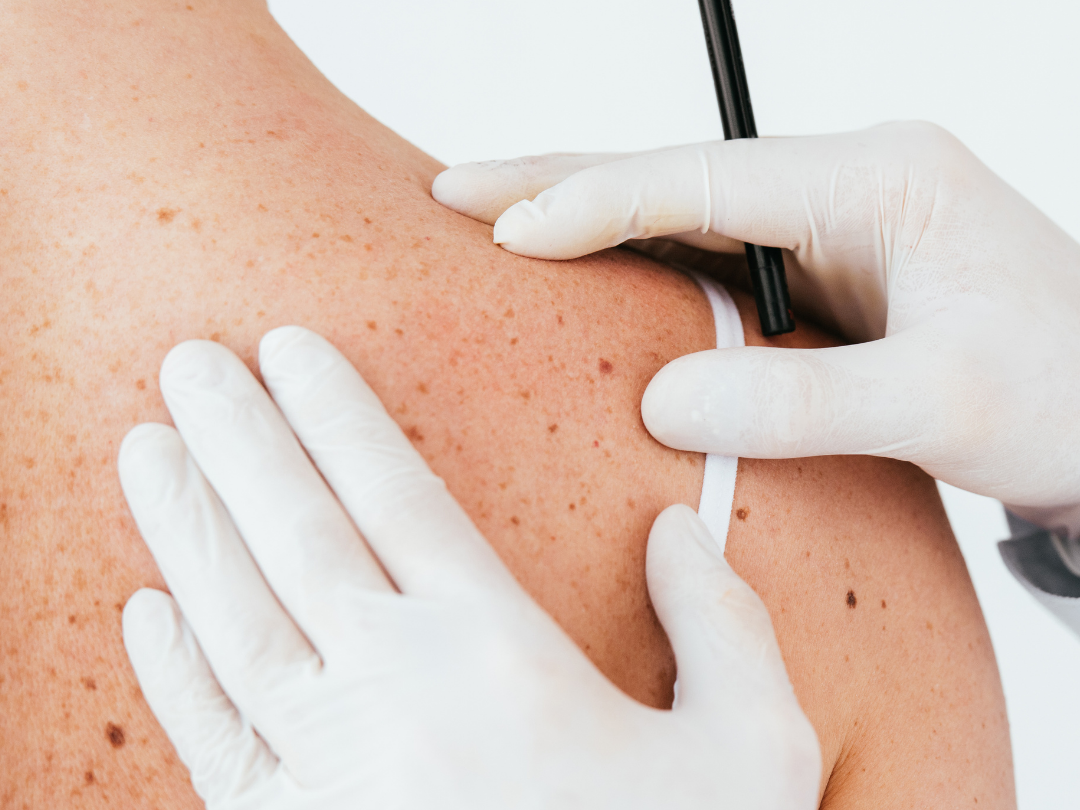
Contact Us Today
Contact the Dermatology Group of Arkansas today for skin cancer treatment in the Little Rock area. Call 501-227-8422.
Stay In Touch
Our team at Dermatology Group of Arkansas is looking forward to hearing from you and building a relationship to help you get your best skin possible. Follow us online, reach out to us directly to set up a meeting, or both!

